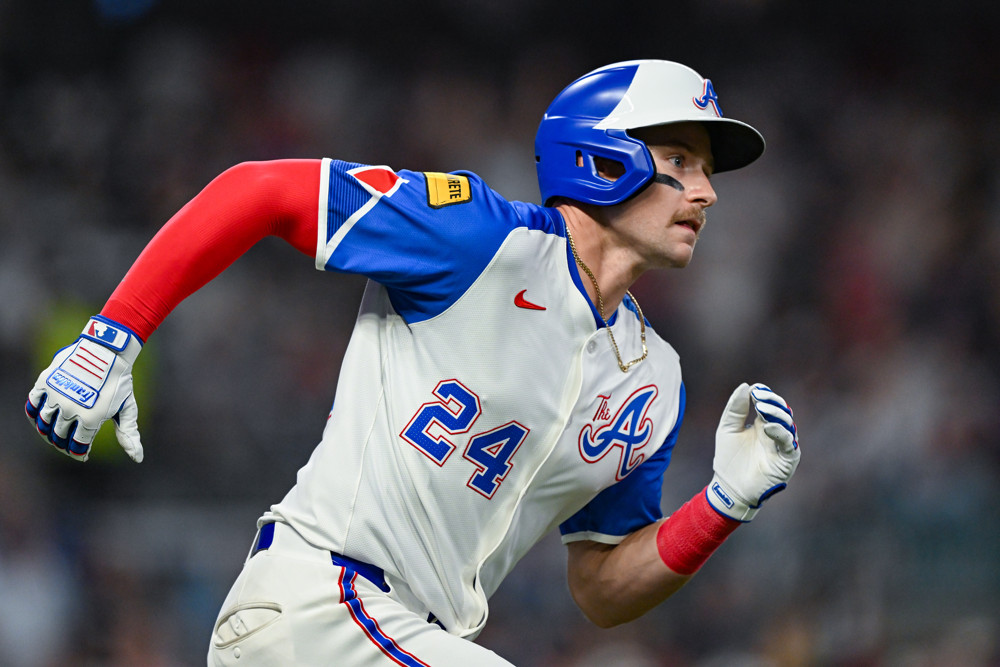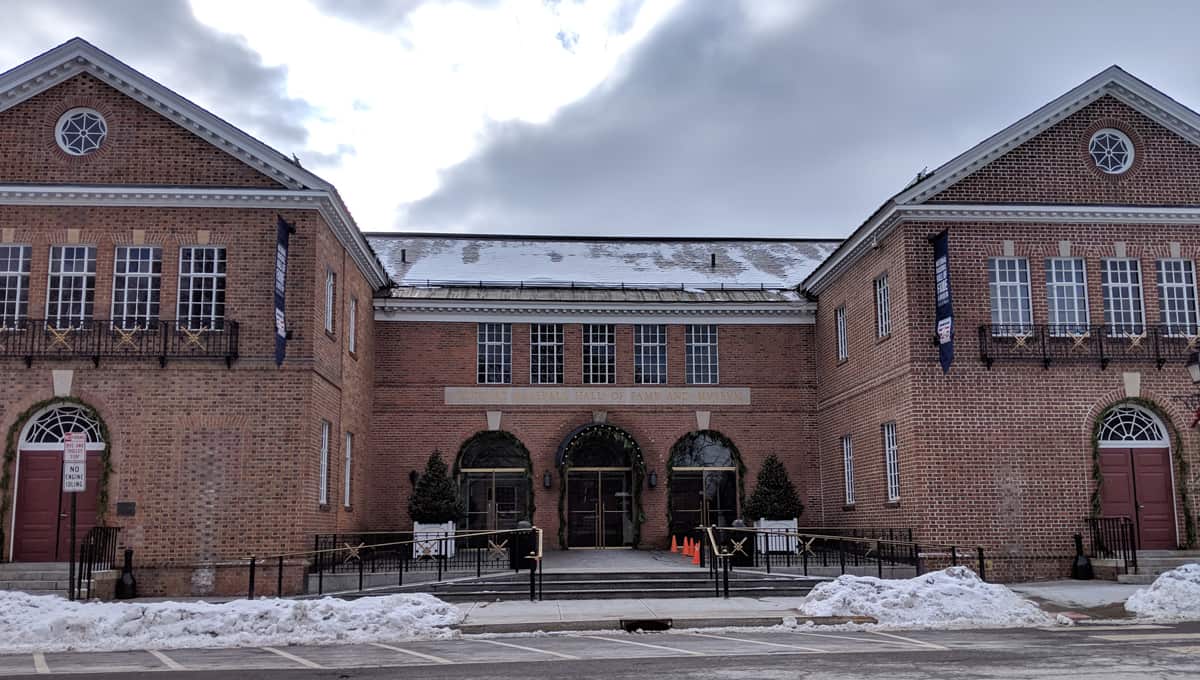I've tried not to get too emotionally invested in the tug of war between Major League Baseball and its Players' Association (the latest news: MLB rejected the MLBPA's proposal with no counteroffer). I'm in the middle of reading "Lords of the Realm" for the first time, and that helps keep in mind all the things one can't tell about posturing from a distance. By and large, I'm working with a big picture of "any season isn't going to feel real, there are so many complications we don't even know yet, but too many economic reasons not to try," and hoping I don't let any one item of news dismantle my stance.
I find that direct comparisons to other leagues are largely irrelevant. The NBA and NHL only have to fire off a couple of quick tournaments to put a cap on seasons that had already taken shape. The NFL has so far been able to conduct business as usual, although I'm surprised I haven't seen more people contemplating the cruelty of concussions in empty stadiums (especially when it comes to college football).
MLB faces the unique challenge of having to reconstruct an entire season from start to finish that somehow fits within local health regulations and its own history books. That challenge isn't insurmountable to me, but I think any solution is going to result in an ersatz season, and the end goal is ultimately putting the year behind them with health intact, in terms of labor relationships, fan outreach and lung capacity.
It wasn't ever going to be simple. However, the police brutality protests and nationwide unrest add another layer, and one I've been trying to sort out over the last few days.
MLB took the longest of the professional sports leagues to issue a statement about the public turbulence, and I wasn't positive if the gesture even mattered. The Athletic's Marc Carig made the point that a statement offers reinforcement for players going out on their own, which the roundtable with retired African-American players shows they need to help make their voices heard. On the other hand, The Atlantic's Amanda Mull said it's a way for brands to pretend they've been above an unfair system, rather than a passive or active part of it. Writers like Shakeia Taylor, Evan F. Moore and Bradford William Davis have been shooting down the oblique corporate responses from sports teams and leagues left and right. The Onion showed the difficulty in making words matter by laying out the alternative ("Auntie Anne's Breaks From Pack By Calling For Protesters To Be Shot").
On Wednesday, the statement from the league confirmed the skepticism.
It's one thing to be late if it results in a more comprehensive stance, but the statement fell into the same pitfalls as so many others (being ostensibly untrue in parts, not naming the bad actors, not specifying actions taken to help). It could have been thrown out there a week ago and shrugged away before all its beats became cliché, but the delay made it something that wasn't worth the wait, The league didn't collect itself to rise to the occasion as much as it got around to checking off a box, which doesn't inspire confidence about future matters.
Now, if MLB benefits from the soft bigotry of low expectations and the quality of a statement is soon forgotten, then this too shall pass. But then I read this Twitter thread from filmmaker/Yankees blogger Randy Wilkins that squared up the lack of a statement against the greater labor discussions in a way that hadn't snapped into place for me.
It's worth reading the whole thing, but one point that jumped out to me in particular: Not only did MLB drag its feet acknowledging a major issue that affects a large percentage of its players, but it took a backseat to labor negotiations and the PR battle against the union. It's also happening while the league is about to embark on a draft that will devote next-to-no resources for the next crop of new players, which people like Micah Johnson have already identified as a strike against its purported diversity goals.
I've said before that I avoid using terms like "optics" or "bad look," because they seem to judge the action by how it's seen, rather than on its own merits. They're the verbal equivalent of, "I'm sorry if you were offended." Most things called "bad looks" are really "dick moves."
Consciously or not, the league is in the middle of an ultra combo of dick moves. The debate over the length of schedule has its own validity -- I get the argument for keeping the season compact in hopes of dodging a second peak of COVID-19 -- but the leaks floating revenue-based pay cuts well before offering a proposal had no such worth. Combine it with the other two parts, and the league is short on supplying evidence that it cares about anybody or anything besides getting as much of the immediate money as possible.
There are too many moving parts to have a great feel for the fallout, but putting off the hard work on maintaining or fixing systems usually results in more costly failures down the line. The shakiness of whatever comes of the 2020 season can be forgiven if it's in service of bigger goals, but there's no evidence that the league is rising to the challenge when it's doing a better job of stumbling into new ones.
(Photo by Arturo Pardavila III)






